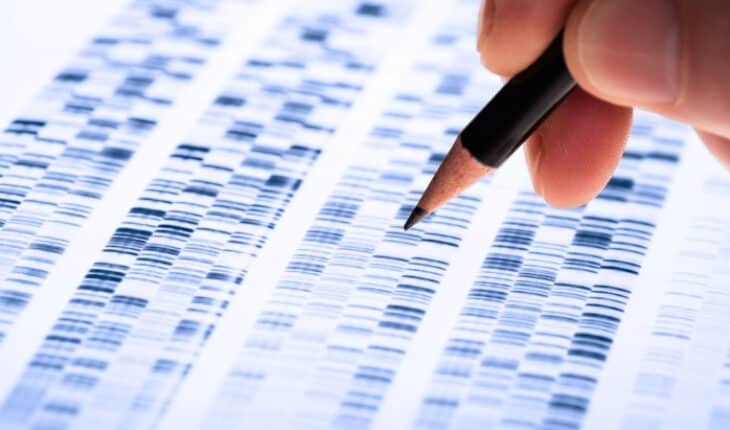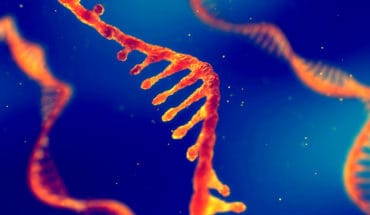A common human gene mutation combination – found in around 5% of the UK’s black population as well as millions of people worldwide with recent African ancestry – has been linked to a number of health conditions and poor health outcomes in new research.
The breakthrough study, led by researchers at the University of Glasgow and published in eBiomedicine, finds that a particular combination of variants in the human gene APOL1 is associated with a range of poor health outcomes, including an increased likelihood of hospitalisation and death from infectious diseases (including COVID-19), susceptibility to metabolic conditions, and even complications during pregnancy.
APOL1 variants G1 and G2 are common in populations with recent African ancestry and are thought to have evolved to protect humans against human African trypanosomiasis (sleeping sickness), a parasitic disease common in African countries. However, these variants are also known to be associated with an increased risk of chronic kidney disease.
Now, this latest study describes the broader health associations of these common APOL1 variant combinations, revealing, for the first time, a wide range of health impacts for those who have one particular genetic combination: the presence of both the G1 and G2 variants in the same gene, one on each chromosome.
The research found that this specific combination of APOL1 variants was associated with 26 health conditions and outcomes, with poor outcomes from a range of infectious diseases common. The findings may partially explain why the risk of hospitalisation or death from COVID-19 was disproportionately higher in people of African ancestry during the pandemic.
Other health conditions and outcomes associated with the two variants of the gene include chronic viral hepatitis, vitamin D deficiency, irritable bowel syndrome (IBS), viral pneumonia, enlarged prostate, acute renal failure and other disorders.
To carry out the study, researchers looked at around 7,500 UK Biobank participants with recent African ancestry. Using genetic data from the Biobank on APOL1 genes, the researchers searched for associations between specific variant combinations and a range of health conditions and outcomes from diseases.
Dr Walt Adamson, first author of the study, University of Glasgow, said: “UK Biobank data has enabled us for the first time to see the extent of the association between this specific form of APOL1 variation and poor outcomes in a range of human health conditions, including infectious diseases. We might yet find even more associations if we look at data from places like sub-Saharan Africa, where these variants are common and there are significant infectious diseases that are rarely seen in the UK.”
Professor Annette McLeod, senior author of the study, University of Glasgow, said: “What is surprising about our findings is that it is the combination of G1 and G2 that is particularly damaging for reasons we don’t yet understand. But it has allowed us to identify a subset of people within the population who could potentially benefit from better-targeted prevention and treatment in a wide range of diseases.”
The study, ‘Phenome-wide analysis reveals epistatic associations between APOL1 variants and chronic kidney disease and multiple other disorders’ is published in eBioMedicine. The work was funded by the Wellcome Trust and H3Africa.
- Gut microbiome could delay onset of type 1 diabetes - 3rd April 2025
- The da Vinci 5 Robot Is Set To Transform Bariatric Care: - 31st March 2025
- Beyond money: the hidden drivers fuelling child food insecurity - 31st March 2025






